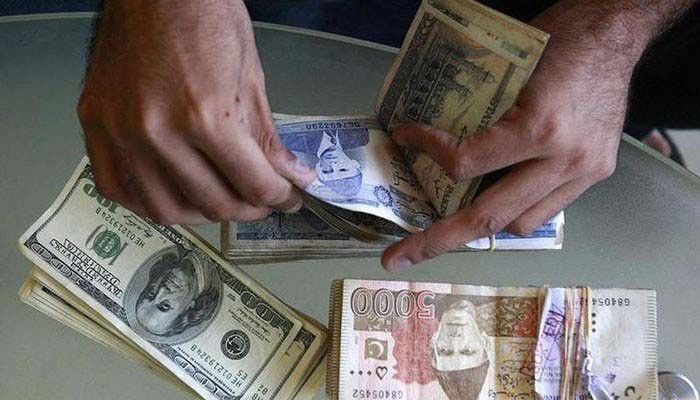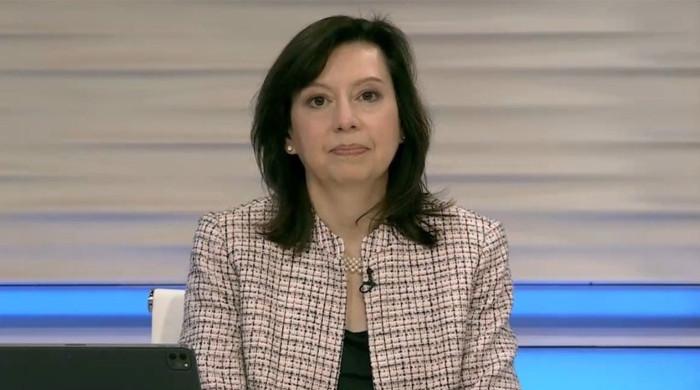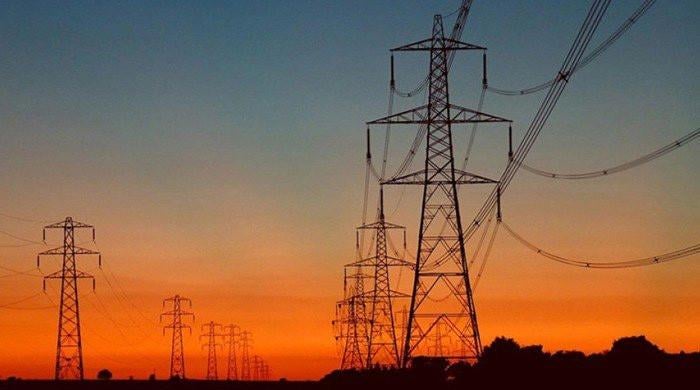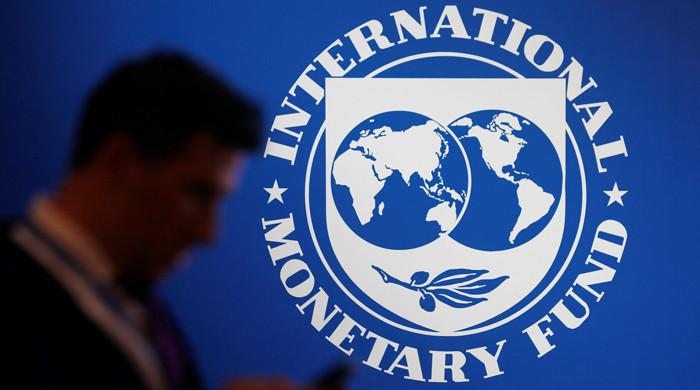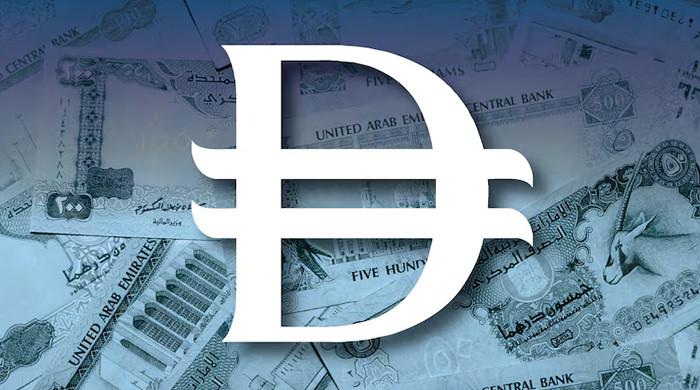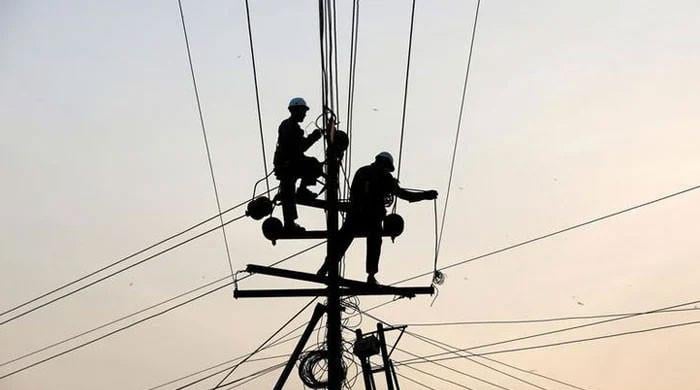Amid import restrictions, dollar sheds a further Rs2 in interbank market
SBP is reportedly purchasing the greenback at a low rate to drive down dollar's price in the interbank market
July 31, 2018
KARACHI: As markets opened on Tuesday, the dollar shed a further Rs2 in the interbank market after touching a record-low of Rs122.4 yesterday.
The greenback was trading at Rs122.80 (buying) and Rs123 (selling) as the interbank market opened on Tuesday. Toward midday, the foreign currency gained Rs1.45 to reach Rs124.45 (selling).
It eventually closed at 124.1880.
The Pakistan Stock Exchange (PSX) meanwhile witnessed a negative trend. The benchmark KSE-100 index lost 400 points to reach 43,170 points.
The index closed down 844 points at 42,712.43 points.
In a comment to Geo.tv, Director Research at Arif Habib Limited Samiullah Tariq said, "The State Bank of Pakistan has taken steps to curb the illegal outflow of dollars. The government, on the other hand, has also imposed restrictions on imports, which has improved the supply of the foreign currency in the market," he said.
Tariq further noted that central bank's reported purchase of dollars from the market at lower prices was driving down the rate of the greenback dollar in the interbank market.
However, IGI Head of Research Saad Khan is of the opinion that the decrease in dollar price is a temporary move driven from an anomaly created in the market.
"Open market rate [for the dollar] is slightly higher than that in the interbank market, which has created this temporary situation. Buying low and selling high in the open market has led to a liquidity problem," Khan told Geo.tv.
The IGI analyst believes the change in the country's leadership along with a loan commitment of $6-7bn from Saudi Arabia and Asian Development Bank have a part to play in the decline in dollar price.
"China too, has promised to support Pakistan. It adds to the positive wave that has surrounded investors but the current account deficit and real exchange rate don't allow any rupee appreciation for the time being," he said. "We expect the dollar to go back to Rs125-126 levels."
Responding to a question about the possible indirect intervention of SBP, Khan dismissed any role of the central bank in driving down dollar prices in the interbank market. "If the central bank does not have any money, its ability to manage the market automatically gets restricted," the analyst noted.
"True that SBP has restricted importers along with other measures such as requiring individuals to show their Computerised National Identity Cards (CNICs) on any transaction of $500 or above through exchange companies, but that is all it can do. The central bank, right now, does not wield the power to influence the market," Khan observed.
In a first in four years, the US dollar shed Rs5.36 against the rupee in the inter-bank market on Monday, falling to Rs122.5 and closing at Rs125.4.

